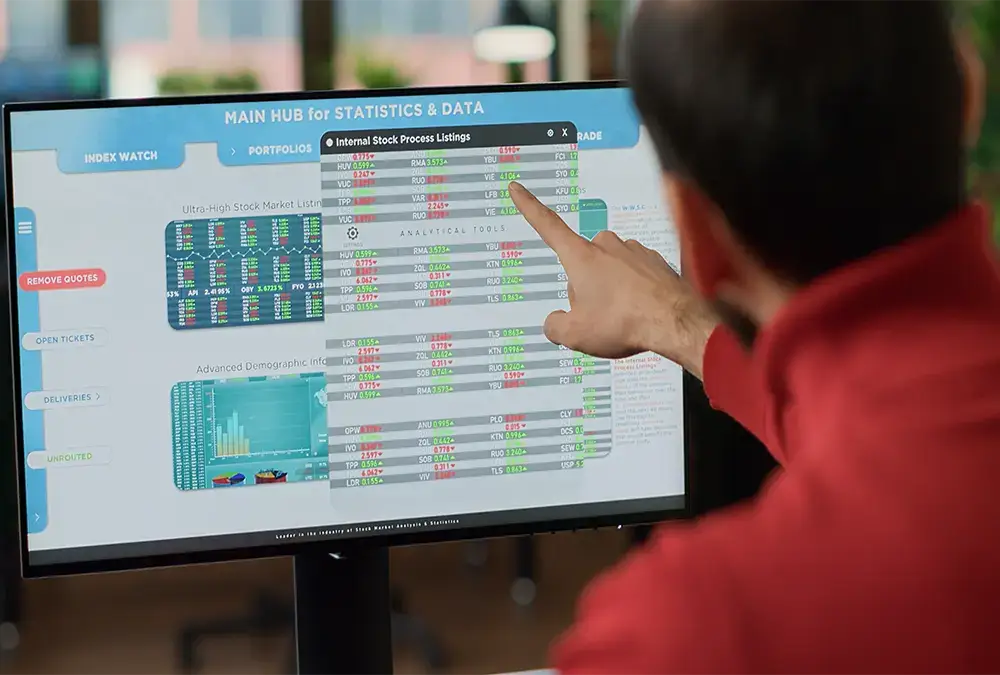
In a world where profit and purpose often seem at odds, a new paradigm is emerging—one that harmoniously combines business acumen with social impact. This phenomenon is known as social entrepreneurship, a dynamic movement that seeks to address societal challenges while generating sustainable economic value. In this comprehensive exploration, we will delve into the world of social entrepreneurship, exploring its origins, characteristics, benefits, challenges, and the transformative potential it holds for shaping a more equitable and compassionate global society.
Defining Social Entrepreneurship: Bridging the Gap Between Business and Social Impact
Social entrepreneurship refers to the practice of using business principles and strategies to create positive social and environmental change.
1. Characteristics of Social Entrepreneurship
- Mission-Driven: Social entrepreneurs are deeply committed to addressing specific social or environmental issues.
- Innovative Solutions: They develop novel approaches to tackling challenges, often leveraging technology.
- Sustainability: Social enterprises aim for financial sustainability, relying on earned revenue rather than solely on donations.
- Measurable Impact: Quantifiable impact metrics are integral to evaluating the success of social enterprises.
2. The Evolution and Impact of Social Entrepreneurship
- Origins: The concept of social entrepreneurship dates back to the mid-20th century, gaining momentum in recent decades.
- Global Impact: Social entrepreneurs have addressed issues such as poverty, education, healthcare, and environmental sustainability.
- Empowerment: By addressing root causes, social entrepreneurship empowers marginalized communities.
- Systemic Change: Social enterprises aim to influence policy and societal structures for lasting impact.
3. Benefits of Social Entrepreneurship
- Innovation: Social entrepreneurs drive innovation by reimagining solutions to persistent problems.
- Sustainability: Social enterprises create sustainable revenue streams to fund their missions.
- Empowerment: They empower communities by providing jobs, skills, and opportunities.
- Collaboration: Social entrepreneurship fosters cross-sector collaboration for holistic solutions.
4. Challenges and Considerations
While social entrepreneurship offers numerous advantages, it also comes with challenges that need to be navigated.
- Financial Viability: Balancing social impact with financial sustainability can be complex.
- Measuring Impact: Quantifying social impact and setting meaningful metrics is challenging.
- Scaling Impact: Scaling solutions across different contexts requires careful adaptation.
- Navigating Regulation: Social enterprises often face regulatory hurdles and complex legal structures.
The Future of Social Entrepreneurship: Pioneering a More Equitable World
As the social entrepreneurship movement continues to evolve, it holds significant potential to shape the future.
- Tech for Good: Leveraging technology to address social and environmental challenges.
- Inclusive Economies: Fostering economic opportunities for marginalized communities.
- Environmental Stewardship: Innovations in sustainable practices and conservation efforts.
- Policy Influence: Advocating for policy changes that promote social and environmental well-being.
The Confluence of Profit and Purpose
Social entrepreneurship marks a paradigm shift in our understanding of business and its potential for positive change. By merging profit and purpose, social entrepreneurs offer a blueprint for creating a more equitable, just, and compassionate world. Whether you’re an aspiring entrepreneur, a business leader seeking to make a difference, or simply an advocate for positive change, remember that social entrepreneurship is a testament to the boundless potential of human creativity and determination to transform challenges into opportunities for the betterment of society.














